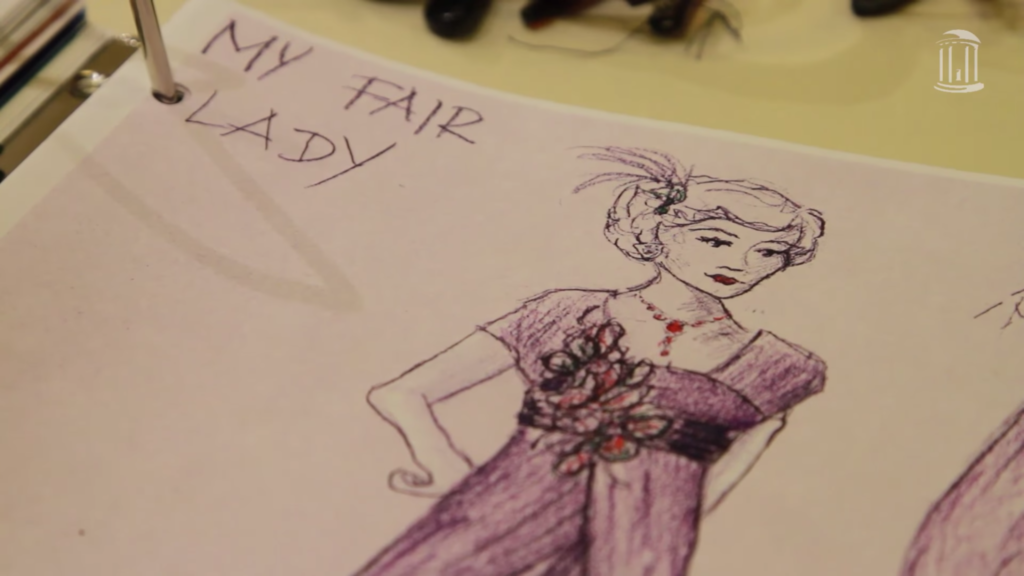
On the first page, first line even, of the book Women’s College Education in the Past Two Centuries, John J.W. Rogers admits, “I am a geologist.”
It may seem unorthodox for a geologist, a male one at that, to write a history of women’s higher education, but the retired professor who was on the Carolina faculty from 1975 to 1997 soon explains his interest.
From 1966 to 1971 Rogers served as Master of Brown College, a college for women at Rice University. He lived next door to 200 female students and says his responsibilities were “just about anything.” His experience observing the female students in the late 1960s, at a time when Rice and many other universities were not fully coeducational–and a number of movements were looking to change that—sparked his interest in the evolution of women’s access to higher education.
Forty years later, Rogers has put that interest, and extensive research, toward his 230-page history that spans from colonial America to the present day. The book, which can be ordered from www.publishamerica.net, discusses the various historical, societal and economic factors that affected women’s abilities to access higher education. And at the end of every chapter he uses his “male culpability index” to give his opinion on how much men are to blame for women’s lack of higher education. At the end of the book he talks about modern day and how women’s access to education has shaped our current society.
Rogers treats the subject with a touch of humor. He often uses sarcasm, like in the line, “Horrors! There’s a college that is going to admit girls!” to show how ridiculous and backwards the American society of the past seems to us now in the 21st century. His humorous and easy tone also makes the book more enjoyable to read than a straightforward history.
“The subject of the book is serious,” Rogers said. “There is so much silliness connected with the development of educational opportunities for women, however, that the book must be humorous instead of solemn.”
But although the book is humorous, it is also well-researched and fair. Rogers provides timelines of the establishment of colleges that admitted women and even a bit of context for each one. His “male culpability index” is not arbitrary. He supports each opinion by carefully weighing many factors, the end result being a book that is both enjoyable and informational.
Rogers, who established the John and Barbara Rogers Fund for Excellence in Geochemistry in the Department of Geological Sciences, continues to write guest editorials, papers and books in his retirement. This is not the first time Rogers has written outside of the field of geology. In 2010 he authored a book of cartoons about the history of UNC. All of the proceeds from the sale of the book go to the department of geological sciences.
By Rebecca Collins ‘12




